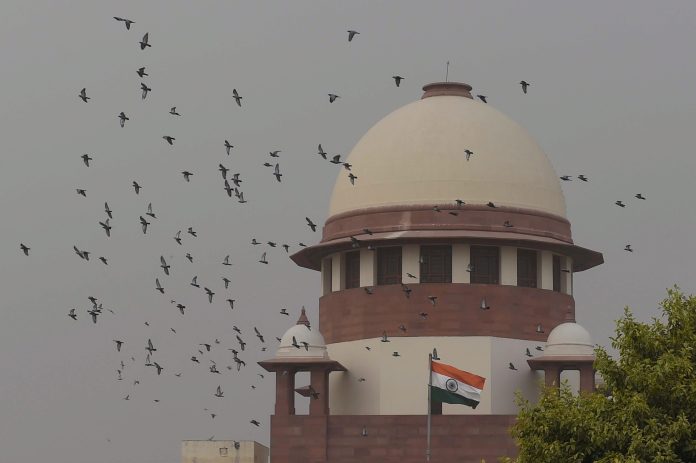New Delhi, Jan 14: The Supreme Court has acquitted a man convicted for abetting a woman’s suicide in a dowry case observing there was no evidence like aiding or instigating her to take the extreme step.
A bench of Justices J B Pardiwala and R Mahadevan therefore set aside an order of the Allahabad High Court that had upheld the conviction of the man, who was the brother-in-law of the woman who died by suicide.
“There is practically no evidence on the basis of which it could be said the appellant herein as brother-in-law abetted the commission of suicide…,” the bench held.
“In the absence of any cogent evidence as regards harassment or abetment in any form like aiding or instigating,” it said in a January 9 verdict, “the court cannot straightaway invoke Section 113B B of the Evidence Act, 1872 and presume that the accused abetted the commission of suicide.” The prosecution alleged harassment of the woman by her husband, in-laws and the appellant due to which she set herself ablaze on September 27, 1990 and succumbed to severe burn injuries.
Her father got an FIR registered with the Ajgain Police Station, Unnao on the same day.
The police later filed a chargesheet under relevant provisions for the alleged offences against four accused persons, including the brother-in-law.
The trial court had initially framed a dowry death charge under Section 304-B of the IPC against the accused but acquitted them, and instead convicted them under Section 306 and 498 of the IPC besides Sections 3 and 4 of the Dowry Prohibition Act for the abetment of suicide.
While the woman’s parents-in-law died during the pendency of the appeal, her husband had undergone the sentence imposed by the trial court. (AGENCIES)
Trending Now
E-Paper


